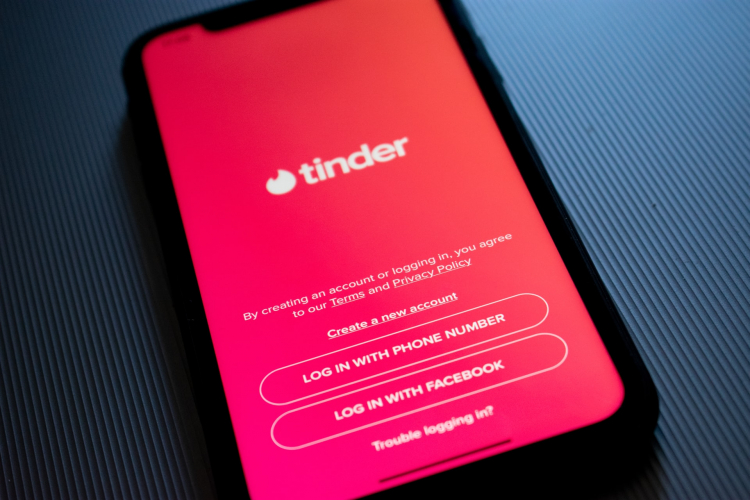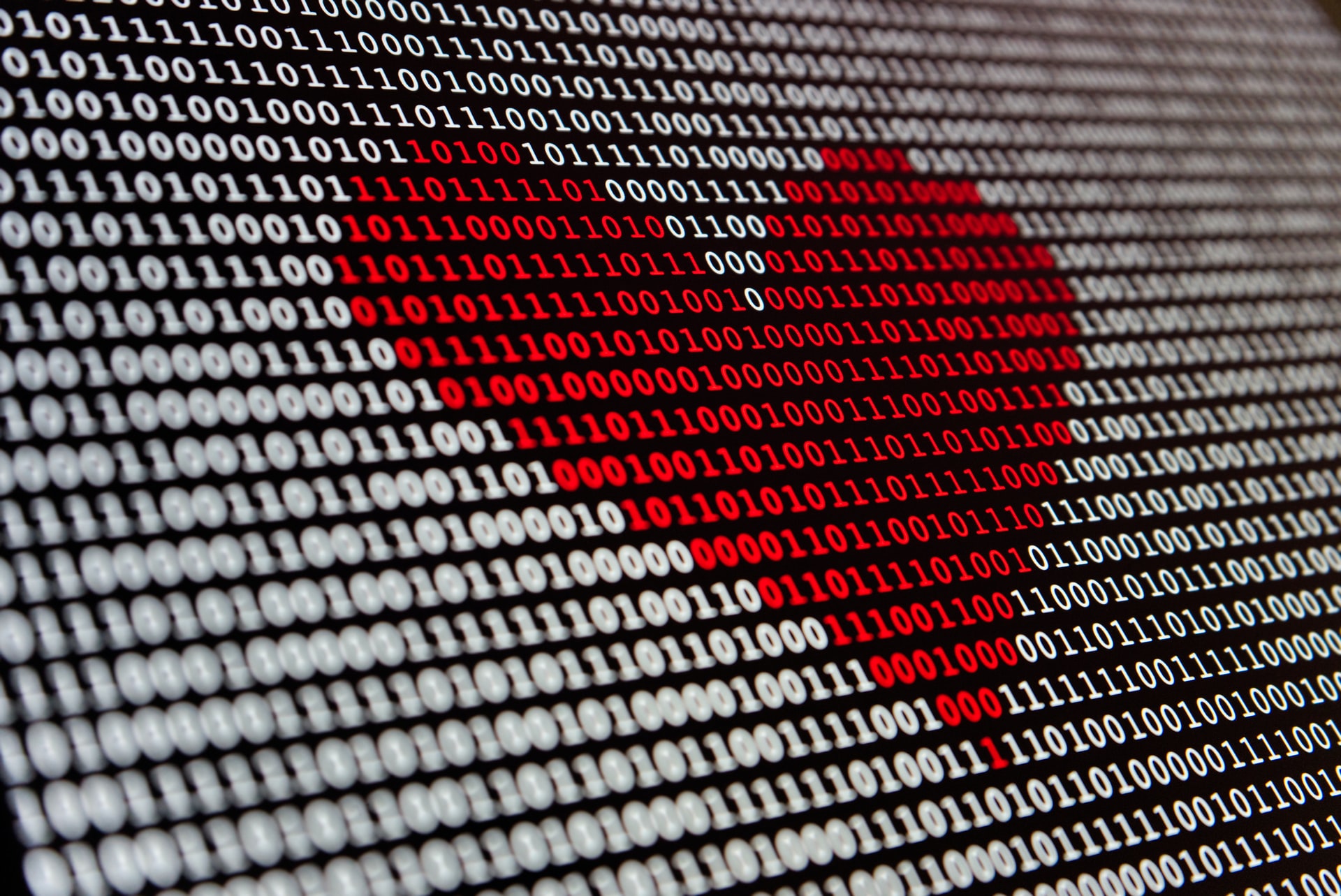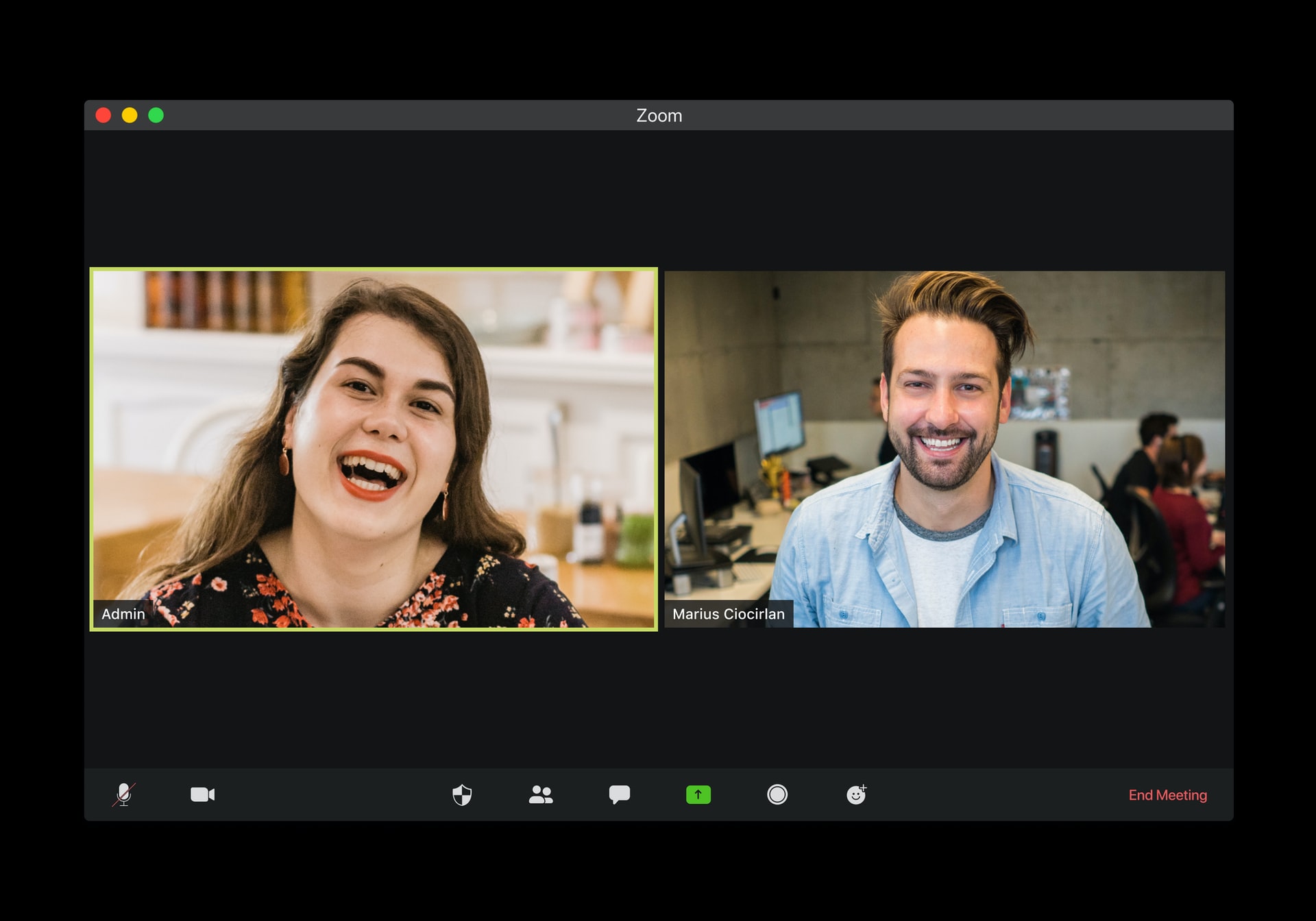The New Normal of Online Dating

The coronavirus has shifted dating into the online sphere, immersing singles in a virtual reality filled with infinite matching options and entertaining dates from the comfort of their home. While some believe the online dating craze will never truly surpass the real thing, popular apps like Tinder are investing in dating's potentially longterm transition online.
Mikaela Lawrence, a 19-year-old History, Law and Society major at The American University of Paris, believes dating apps have become the way almost everyone dates, commenting, "it is definitely easier to meet people off of dating apps than it is in real life."
In the midst of an economy-crippling global pandemic, dating apps are attracting surging revenues as people turn towards online dating in the effort to preserve making human connections. Since the onset of the coronavirus, popular dating apps like Tinder, Bumble and Hinge have seen a tremendous rise in downloads and usage. Match Group, the owner of more than 45 dating brands including apps like Tinder and Hinge, reported a 17 percent increase in revenue for their 2020 quarter one earnings, with their average subscribers up to 10 million — a 15 percent increase from the prior year. The virus may be hurting other non-essential businesses, but this increased engagement has been helping online dating platforms thrive.
Online dating. Image Credit: Unsplash/Alexander SinnIn a response to quarantines and looming social restrictions, dating apps have remodeled their platforms in an effort to adapt. Bumble now lets its users add badges to their profile signifying what types of dates they would be comfortable with, presenting options like virtual dating, socially distanced, or socially distanced with a mask. It is even becoming common practice to disclose pertinent health information like COVID-19 or antibody test results, as seen on the app Lex. Dating apps like Tinder and Hinge are rolling out popup messages warning users to practice basic health precautions.
Although it's obvious to some that dating apps and other forms of virtual engagement are reformatting daily life, others are not buying it. Alessandra Grendene, a 21-year-old Communications major at AUP, remains confident that although they're popular and easy to use, "dating apps can never truly overstep in-person human interactions."
This is why many dating apps are altering their user experiences. Despite messages of caution and an influx of users, the goal of dating apps is to bring people together in real life — or so it was. New video chat features, virtual dates, online events and even romantically inclined internet games are shifting the purpose of these apps with new immersion techniques.
Digital life. Image Credit: Unsplash/Andrew NeelIn an interview with the BBC, Tinder CEO Elie Seidman said that changes to dating brought on by the pandemic have only accelerated a "generational change" that the company was already tracking. Young adults that join these apps see the virtual world as something natural, meaning that, "online matches are no longer about organizing a meet up in real life," but about "having fulfilling online experiences as well," according to Seidman.
"Your digital life is as important as your social life in the physical world." - Elie Seidman
Tinder has been working on making its platform less of a place to organize offline hookups and more of a place to hang out online. Virtual spaces, live events and swipe nights are being trialed in the hopes of shifting the platform towards an online focus. Lawrence found herself participating in these new virtual features when quarantined in Denver, Colorado. Tinder's swipe night, she said, was like an "interactive story and virtual party where you could join in on party games and match with people based on your results or responses to questions." Other apps and online platforms are jumping on the immersion train too.
Companies like Zoom and Netflix are tapping into the dating sphere, hosting speed dating sessions and movie dates for users. Video dating, although previously met with hesitation, is now taking place on most dating platforms. New video dating apps like Filter Off are hitting the market, introducing more immersive dating features like online comedy shows, speed dating sessions and trivia nights.
Zoom dating. Image Credit: Unsplash/VisualsThe longer social distancing and lockdowns are enforced, the more this new medium of dating will become common practice. Investment in online dating, although maybe bizarre, is the result of a growing "e-dating" trend. A new study conducted by Stanford University sociologist Michael Rosenfeld found that couples are now more likely to meet a romantic partner online than through personal contacts or connections. Because of the close relationship individuals now have with technology, "people trust new dating technology more and more," Rosenfeld explained in an interview with the Stanford News Service.
The pool of potential partners on dating sites is enormous, presenting people with never-ending possibilities to meet others. For the foreseeable future, it seems algorithms have replaced Cupid. While meeting people in person can appear invaluable and incomparable to its virtual counterpart, online platforms like dating apps are challenging what it means to connect and interact with one another. As the online becomes more and more integrated into everyday use, daily practices like dating are moving with it.










